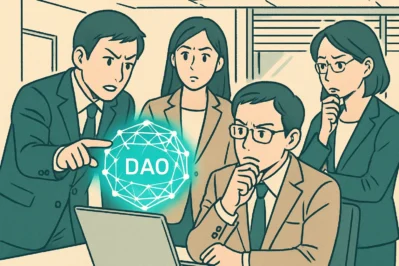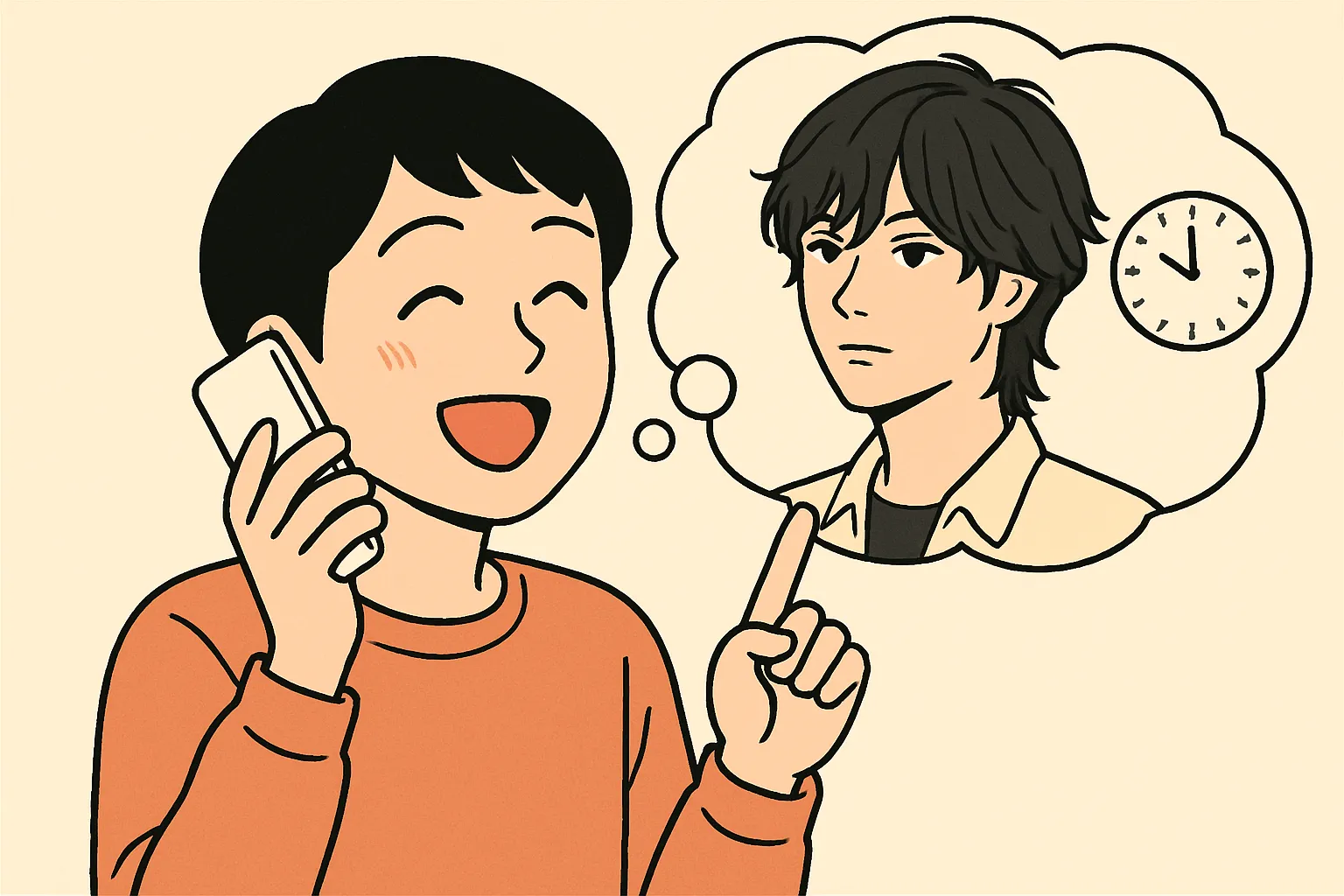Critiquing DAOs in Korean: Beyond “Good” or “Bad”
Hello! It’s your friendly guide at [Maeil Hangeul], here to upgrade your Korean skills to the next level!
Today, we’re diving into a topic that’s both intellectually stimulating and incredibly relevant: Critiquing the governance models and decision-making processes of DAOs (Decentralized Autonomous Organizations). This might sound complex, but these skills are perfect for professional settings, tech forums, or academic discussions.
Lately in Korea, the Web3 and blockchain scene is buzzing with innovation. From Seoul’s bustling tech hubs to online communities, people are actively debating the future of organizations. Being able to articulate a nuanced critique of a system like a DAO will not only make you sound like a native expert but also allow you to participate in these cutting-edge conversations. Let’s get started!
Key Expressions for Critical Analysis
Here are some sophisticated phrases to help you analyze and critique complex systems like a pro.
1. -는 데에는 한계가 있다 (-neun de-eneun han-gyega itda)
- Pronunciation: [-neun de-e-neun han-gye-ga it-da]
- English Meaning: There is a limit to… / It has its limitations.
- Detailed Explanation: This is a fantastic way to point out the shortcomings or weaknesses of a plan, system, or argument. Instead of simply saying “안 좋아요” (it’s not good), this expression shows that you have considered the system’s merits but have identified a specific flaw. It’s a staple in formal reports, presentations, and debates.
2. 일장일단이 있다 (il-jang-il-dan-i itda)
- Pronunciation: [il-jang-il-dan-i it-da]
- English Meaning: It has its pros and cons / There are merits and demerits.
- Detailed Explanation: This is a Saja-seongeo (사자성어), a four-character idiom derived from classical Chinese, which instantly adds a level of sophistication to your speech. 일장 (일長) means “one strength,” and 일단 (일短) means “one weakness.” Using this phrase signals that you are offering a balanced, two-sided perspective.
3. 효율성 측면에서 의문이 제기된다 (hyo-yul-seong cheuk-myeon-eseo ui-mun-i je-gi-doenda)
- Pronunciation: [hyo-yul-seong cheuk-myeon-e-seo ui-mun-i je-gi-doen-da]
- English Meaning: Questions are raised in terms of efficiency.
- Detailed Explanation: This is a very polished, formal phrase perfect for business or academic contexts. Let’s break it down:
- 효율성 (hyoyulseong): Efficiency
- 측면에서 (cheukmyeon-eseo): In terms of / From the aspect of
- 의문이 제기된다 (uimuni jegidoenda): A question is raised (passive voice)
- You can replace “효율성” with other nouns like “보안성” (boanseong – security) or “공정성” (gongjeongseong – fairness) to specify your critique.
4. 탁상공론에 불과하다 (tak-sang-gong-ron-e bul-gwahada)
- Pronunciation: [tak-sang-gong-ron-e bul-gwa-ha-da]
- English Meaning: It’s nothing more than an armchair argument / an impractical theory.
- Detailed Explanation: This is a powerful idiom to criticize an idea that sounds good in theory but is disconnected from reality. 탁상 (卓上) means “on top of a desk,” and 공론 (公論) means “public discussion.” The image is of people debating around a desk without any real-world experience. Use this when you want to strongly argue that a plan is not feasible.
Example Dialogue
Let’s see how these expressions work in a conversation between two colleagues, Subin and Minjun, discussing a new DAO project.
A (Subin): 민준 씨, 새로 나온 ‘코리아 DAO’ 프로젝트 거버넌스 모델 보셨어요? 모든 참여자가 1인 1표를 행사하는 방식이 흥미롭더라고요.
Minjun, have you seen the governance model for the new ‘Korea DAO’ project? The one-person-one-vote system is interesting.
B (Minjun): 네, 봤어요. 이론상으로는 공정해 보이지만, 모든 의사결정을 전체 투표로 하는 데에는 한계가 있을 것 같아요. 속도가 너무 느려질 수 있잖아요.
Yes, I have. It seems fair in theory, but I think there are limitations to making every decision by a full vote. It could become too slow.
A (Subin): 그렇겠네요. 정말 일장일단이 있는 모델이군요. 고래(whales)들의 독점은 막을 수 있겠지만요.
I see your point. It’s a model that truly has its pros and cons. Although it would prevent monopolization by ‘whales’.
B (Minjun): 맞아요. 그리고 소소한 운영 문제까지 전부 투표에 부치는 건 효율성 측면에서 의문이 제기돼요.
Exactly. And putting minor operational issues up for a vote raises questions in terms of efficiency.
A (Subin): 듣고 보니 그러네요. 자칫하면 현실과 동떨어진 탁상공론에 불과한 이상적인 모델로 끝날 수도 있겠어요.
Now that you mention it, that’s true. If we’re not careful, it could end up being an idealistic model that’s nothing more than an impractical armchair argument.
Culture Tip & Trend Deep Dive
In Korea’s hyper-competitive tech and business world, especially in hubs like Pangyo Techno Valley (Korea’s Silicon Valley), there’s a strong emphasis on practicality and results (실용성과 결과).
While innovative ideas like DAOs are exciting, they are always evaluated against the harsh realities of the market. The expression 탁상공론 (tak-sang-gong-ron) is a powerful tool you’ll hear in meetings to shoot down an idea that isn’t grounded in reality. If you can use this phrase correctly to critique a business strategy or project plan, your Korean colleagues will be seriously impressed. It shows you understand the cultural emphasis on moving from theory to tangible, efficient execution.
Let’s Wrap Up & Practice!
Great job today! We’ve learned four advanced expressions to move beyond simple opinions and offer structured critiques in Korean. You can now analyze a DAO’s governance, a business plan, or any complex system with nuance and confidence.
Time to practice!
- Fill in the blank:
완전한 탈중앙화는 이상적이지만, 빠른 의사결정이 중요한 환경에서는 _______________ 수 있다.
(Complete decentralization is ideal, but in an environment where fast decision-making is crucial, it can be nothing more than an _______________.) -
Make a sentence:
Using the phrase 일장일단이 있다, write a short sentence about the pros and cons of working at a large corporation vs. a startup.
Don’t be shy! Leave your answers in the comments below. We’d love to see you put these powerful expressions to use






